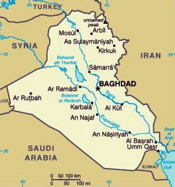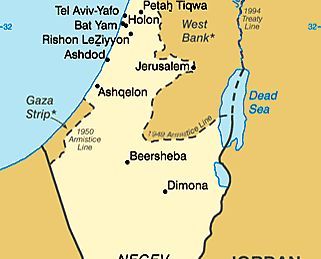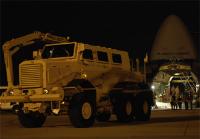
Gian P. Gentile is an active duty Army lieutenant colonel who has served two tours in Iraq, most recently as a combat battalion commander in west Baghdad in 2006. Last month, his World Politics Review article, “Misreading the Surge,” brought a fierce internal debate over the Army’s new emphasis on counterinsurgency operations and its potential impact on conventional capabilities to the attention of the general public. In the context of this week’s congressional hearings on the Surge, WPR asked Gentile for a follow up email interview, to which he graciously agreed.Describe the kinds of “classical” counterinsurgency methods you were applying […]




